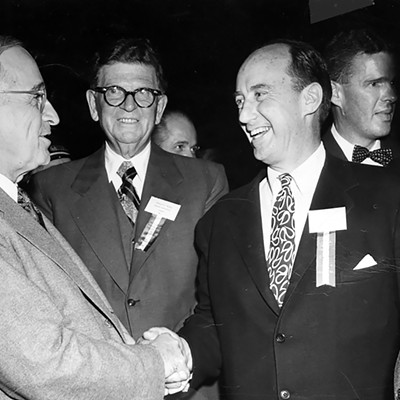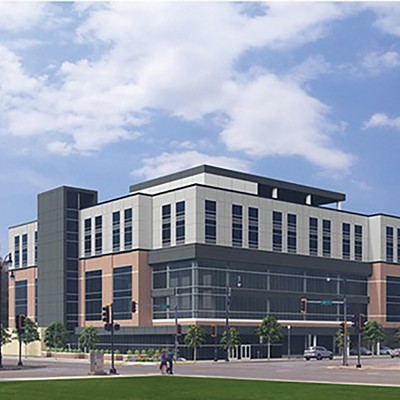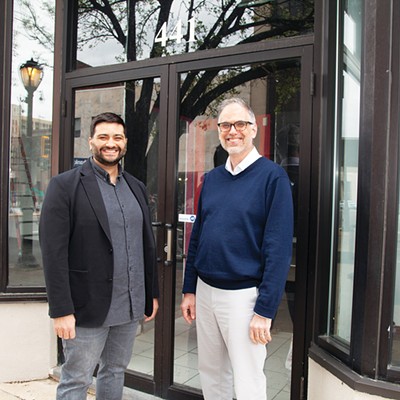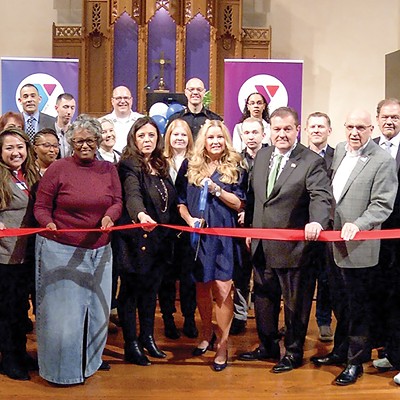Gov. J.B. Pritzker could immediately raise billions of new tax dollars by simply taxing Illinois gambling at the average rates of other states. Duped Illinois legislators have shortchanged pensions, education and social services since the 1990 advent of Illinois casinos – by leaving billions of tax dollars on the table for gambling industry insiders.
At the beginning of Illinois’ two-year budget stalemate, expert testimony before the U.S. Congress revealed that since 1990, Illinois gambling interests should have paid on average another $35 billion to $100 billion in taxes to the state of Illinois. Instead, Illinois gambling has enjoyed 30 years of “tax holidays.”
Video gambling: In other states, the tax on video gambling machines (VGMs) ranges between 36% and 80%, and in Canada the government takes 75% to 90%. But in Illinois the tax rate is only 25% to the state, plus 5% to local governments. Thus, Gov. Pritzker’s proposed tax increase on VGMs should parallel other states where the taxes are levied on all VGMs with no exceptions, and the tax rates are 50% to 90%.
National averages demonstrate that most five-machine VGM establishments net $1 million within just the first three months of operation. After the “cream market” is tapped, the average net is $100,000 per machine per year. With the tax holiday of paying only 30% for several years, it is virtually impossible for an Illinois VGM owner not to be a millionaire. It would be like spitting and missing the ground.
Casinos: After expenses, the average casino nets a pure profit of $1 million each day or $365 million per year. While most businesses calculate that they will earn their Return on Investment (ROI) back within 10-20 years, one Illinois casino, for example, had its entire ROI of over $100 million paid off 90 days after it opened.
I
n this context, the initial 10 casino licenses – worth $5 billion on Wall Street in 1990 and worth $11-$12 billion in 2019 – were given away for just $25,000 each to political insiders, including one who quickly became a prison insider.
Since the average casino nets $365 million each year, the annual renewal fees for Illinois casino licenses could easily be $100 million each (that is, $1 billion total for the 10 Illinois casinos enjoying tax holidays for the last 30 years). Currently, these 10 Illinois casino licenses are legislated to be automatically renewed every four years for just $20,000 each. Proposed 2019 legislation would raise this $20,000 fee to just $100,000, while the proposed fees for new casino licenses range between only $100,000 and $150,000.
In other states these fees are hundreds of millions of dollars – with casino licenses averaging $440 million in fair market value between 2000 and 2012 and now hovering at over $500 million in fair market value. Jeffrey Hooke, formerly of the Maryland Tax Education Foundation, recently valued Louisiana casino gambling for the Louisiana governor and legislature, which netted new tax revenues.
Furthermore, current proposed Illinois legislation such as SB 516 would allow these four-year $20,000 casino licenses to “move” from their current locations to other cities in Illinois to saturate unexploited gambling markets. However, the average nationwide value of allowing casino licenses to move begins at $100 million.
Sports gambling: Unfortunately, the seven states which have legalized sports gambling have netted between only $22,000 and $1.8 million per month for 2019. Accordingly, large states including California, Texas and Florida have rejected legalizing sports gambling.
Thus, the “fair tax” philosophy requires Gov. Pritzker and legislative leaders to increase the taxes on Illinois VGMs and casino gambling.
Prof. John Warren Kindt, at the University of Illinois since 1978, has testified as an expert witness before Congress and many state legislatures regarding the socio-economics of gambling.
Tax holidays for Illinois gambling
[
{
"name": "Air - MedRect Combo - Inline Content 1",
"component": "11490391",
"insertPoint": "3",
"requiredCountToDisplay": "1",
"parentWrapperClass": "fdn-ads-inline-content-block"
},{
"name": "Air - MedRect Combo - Inline Content 2",
"component": "11490392",
"insertPoint": "7",
"requiredCountToDisplay": "5",
"parentWrapperClass": "fdn-ads-inline-content-block"
},{
"name": "Air - MedRect Combo - Inline Content 3",
"component": "11490393",
"insertPoint": "12",
"requiredCountToDisplay": "9",
"parentWrapperClass": "fdn-ads-inline-content-block"
}
]
Illinois Times has provided readers with independent journalism for almost 50 years, from news and politics to arts and culture.
Your support will help cover the costs of editorial content published each week. Without local news organizations, we would be less informed about the issues that affect our community..
Got something to say?
Send a letter to the editor and we'll publish your feedback in print!


















